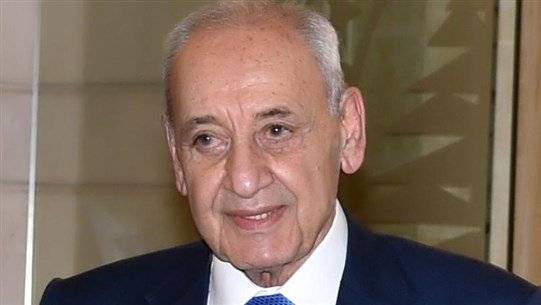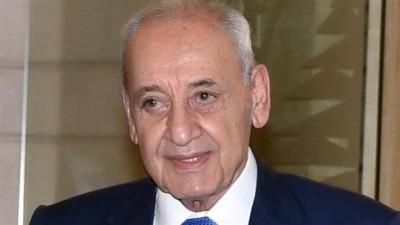The Speaker of the Parliament, Nabih Berri, reiterates the necessity for the council to sail in the boat of consensus regarding the presidency. In response to those deputies and politicians who claim that his requests are akin to "an impossible task", Berri, who has witnessed the terms and elections of presidents closely, especially after the Taif Agreement, states in an interview with "An-Nahar" that when he calls for "achieving consensus," it does not mean obtaining the agreement of all 128 deputies. He further explains that the distribution of parliamentary blocs, including independent deputies, necessitates adopting this "rescue exit" if the council is determined to elect a president and avoid falling into the trap of presidential vacuum from which no party will emerge unscathed.
In response to another question, he mentions that he will call for the second election session before mid-month, urging all parties to take responsibility regarding this entitlement. Regarding the accusations and comments directed at blocs, especially the "Lebanese Forces", towards the blocs that voted with blank ballots, Berri responds that this practice has been present in every electoral cycle since 1943 and that deputies have the right to use it. When asked if they will resort to using this method in the next round, Berri refuses to answer, leaving the choice to the deputies who voted with blank ballots.
As for some returning to revisit the quorum for the election session, arguing that it does not require the presence of 86 deputies in the hall—at least in the second round of the same session where a candidate needs to obtain 65 votes to win the presidency according to these opinions—Berri expresses surprise at the involvement of certain entities in this matter and the renewed debate surrounding it. He refers those questioning the issue to the opinions of senior constitutional and legal figures who support his stance, particularly the Maronites, as well as past positions of the late Patriarch Mar Nasrallah Boutros Sfeir on this matter.
Berri does not wish to elaborate on this sensitive national issue but states informally: What if the 64 Christian deputies do not attend the election session while the 64 Muslim deputies do, and they manage to attract a Maronite deputy to participate in the session that Christians are boycotting, and they elect him with 65 votes? Would he then become president of the country, and would the Christians accept him in the first seat of the presidency? He once again urges skeptics not to tire themselves and to be convinced of the correctness of having 86 deputies in their seats during any electoral round, in consideration for the constitution, the country, and the citizens.




